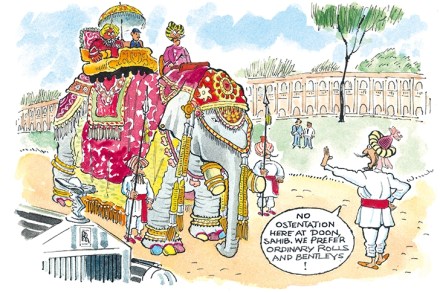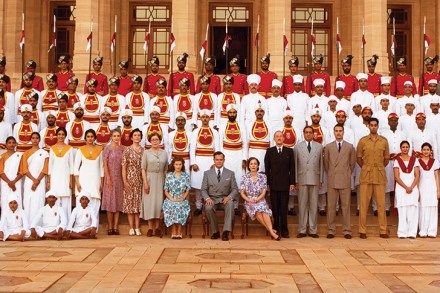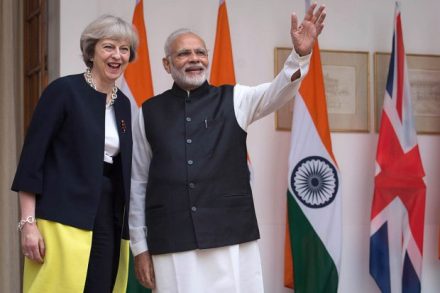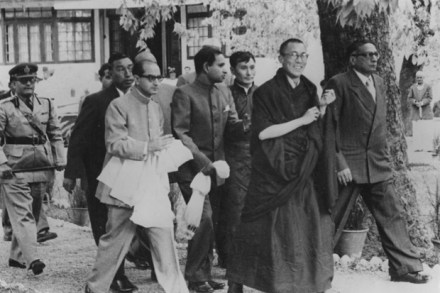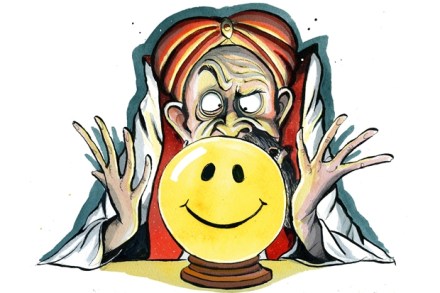National Army Museum
I used to love the National Army Museum in Royal Hospital Road, Chelsea, which was crammed with the memorabilia of four centuries of the British Army. I even visited it on the morning of my wedding. It taught you about the history of the British Army in a completely non-political way, allowing the objects — which were carefully factually annotated — to speak for themselves. It was housed in a hideous 1971 building, but the artefacts inside were superb. Today’s huge new £24 million refurbished National Army Museum looks imposing inside, but instead of chronologically taking you through the history of the Army it is now broken down thematically into



